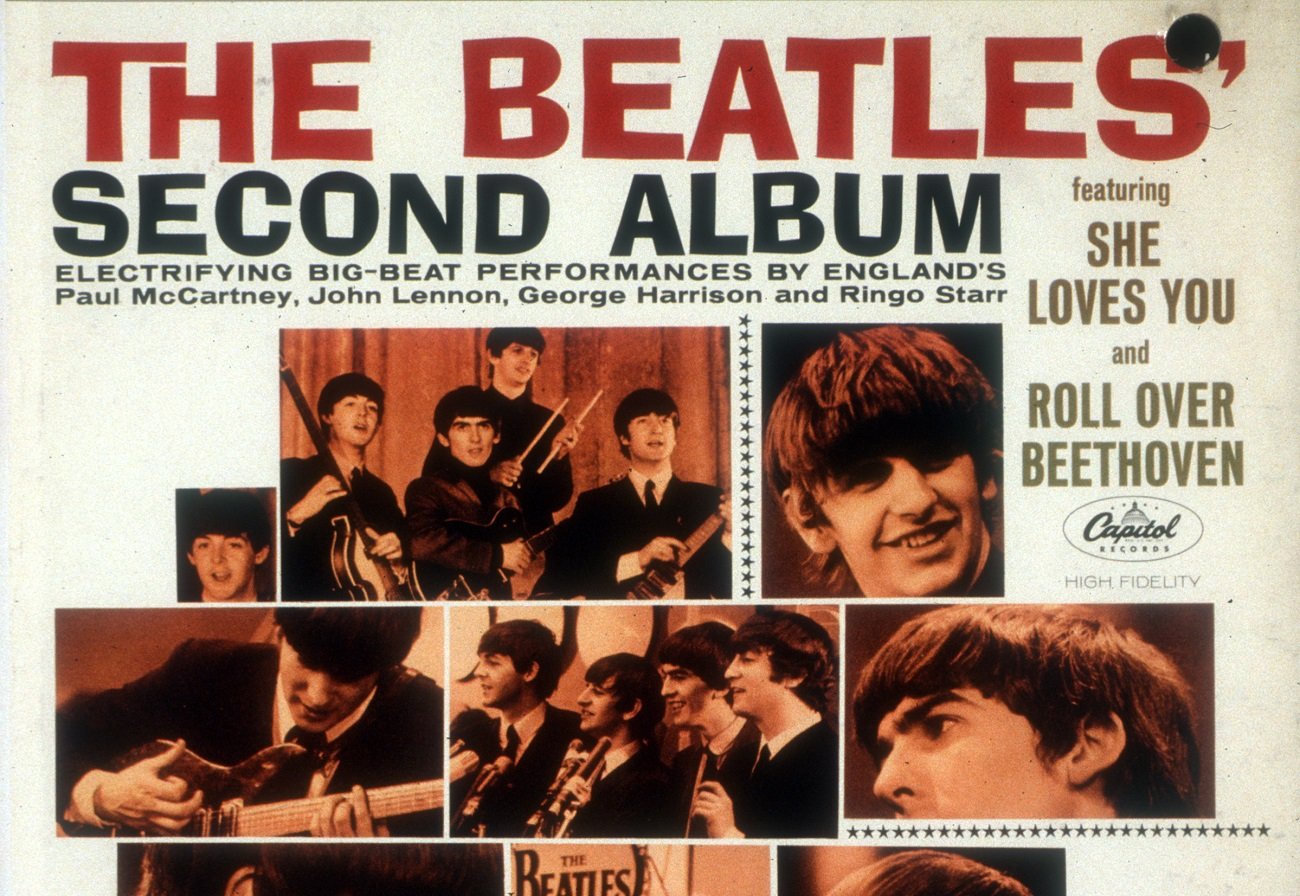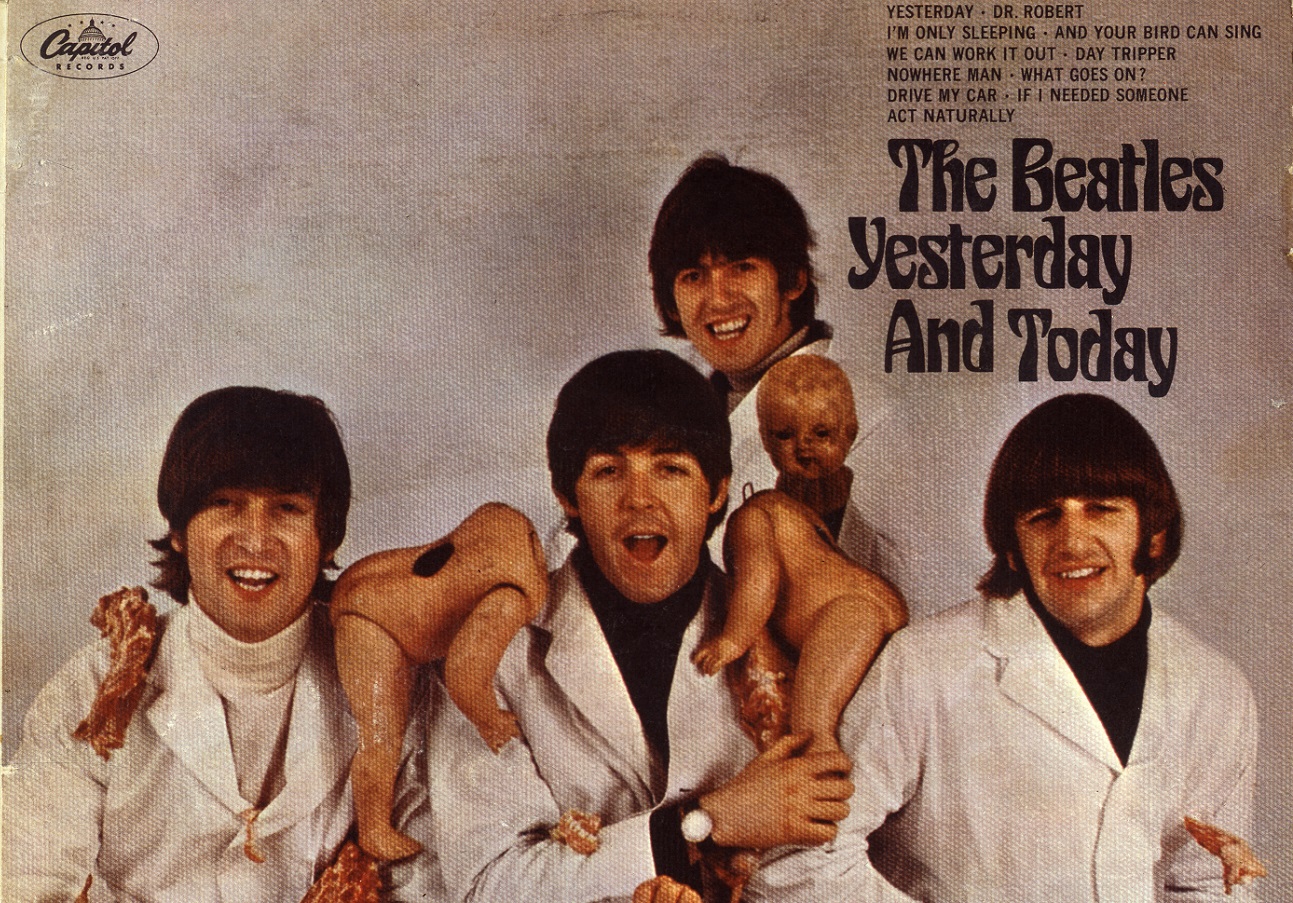Why The Beatles Were Bothered by American Releases of Their Albums
If you were an American fan of The Beatles in the ’60s, you had to feel like you were getting the short end of the stick. Take the U.S. release of Rubber Soul (1965). When Americans opened their copies of the new Fab album, they found “Nowhere Man,” “If I Needed Someone,” and “Drive My Car” missing.
To get those tracks, you had to wait until Yesterday… And Today arrived six months later. In a sense, you were experiencing The Beatles on several months’ delay. But it also worked the other way. When “I’m Only Sleeping” appeared on that same album, it beat the U.K. release of the John Lennon track (on Revolver) by two months.
Either way, it was a mess, and it didn’t go unnoticed by the members of The Beatles. Looking back on those days in 1974, John spoke of the issues the Capitol releases created. Along with the odd track listings, John cited problems with album covers and the poor sound quality of various tracks.
The Beatles took issue with song sequencing and ’embarrassing’ stereo on US releases

Speaking with WNEW DJ Dennis Elsas in ’74, John dug into the problems The Beatles started discovering with U.S. releases. For one thing, Capitol Records effectively ignored the design the band had for the listening experience.
“We’d sequence the albums, how we thought they should sound,” John said. “We put a lot of work into the sequencing. So we almost didn’t care what happened to the albums in America until we started coming over here more.”
While this tactic bothered The Beatles, Capitol’s habit of altering the original monaural (mono) mix really got under the band members’ skin. “It was awful,” John told Elsas. He said he really noticed the difference in the greatest hits compilations (the so-called “Blue Album” and “Red Album”) that came out in the ’70s.
“When they put out the two albums last year, I presumed that they would just copy ’em from the masters and put ’em out,” John said. “Then I played it … and it was embarrassing. Some of the tracks survived, but it was really embarrassing. Some fool had tried to make it stereo and it didn’t work.”
The Beatles also had to do special photo shoots for US releases

Every new album required a new cover, so The Beatles naturally had extra promotional work every time Capitol cooked up a new release. That’s how the band ended up doing the infamous “Butcher” cover for the ’66 release of Yesterday… And Today.
What’s more, John said that Capitol would include outtakes and other bits the Fab Four had not intended for release. “We started noticing, on the eight-track, they would have outtakes and mumbling on the beginning [of songs],” John recalled. “Which is interesting now, but it used to drive us crackers.”
It took until Sgt. Pepper’s Lonely Hearts Club Band (1967) for Americans to enjoy the same releases as U.K. audiences. From that point on The Beatles seemed to control their own destiny on studio LPs. But it wasn’t perfect. As John noted, even compilations from the early ’70s featured flawed mixes.


